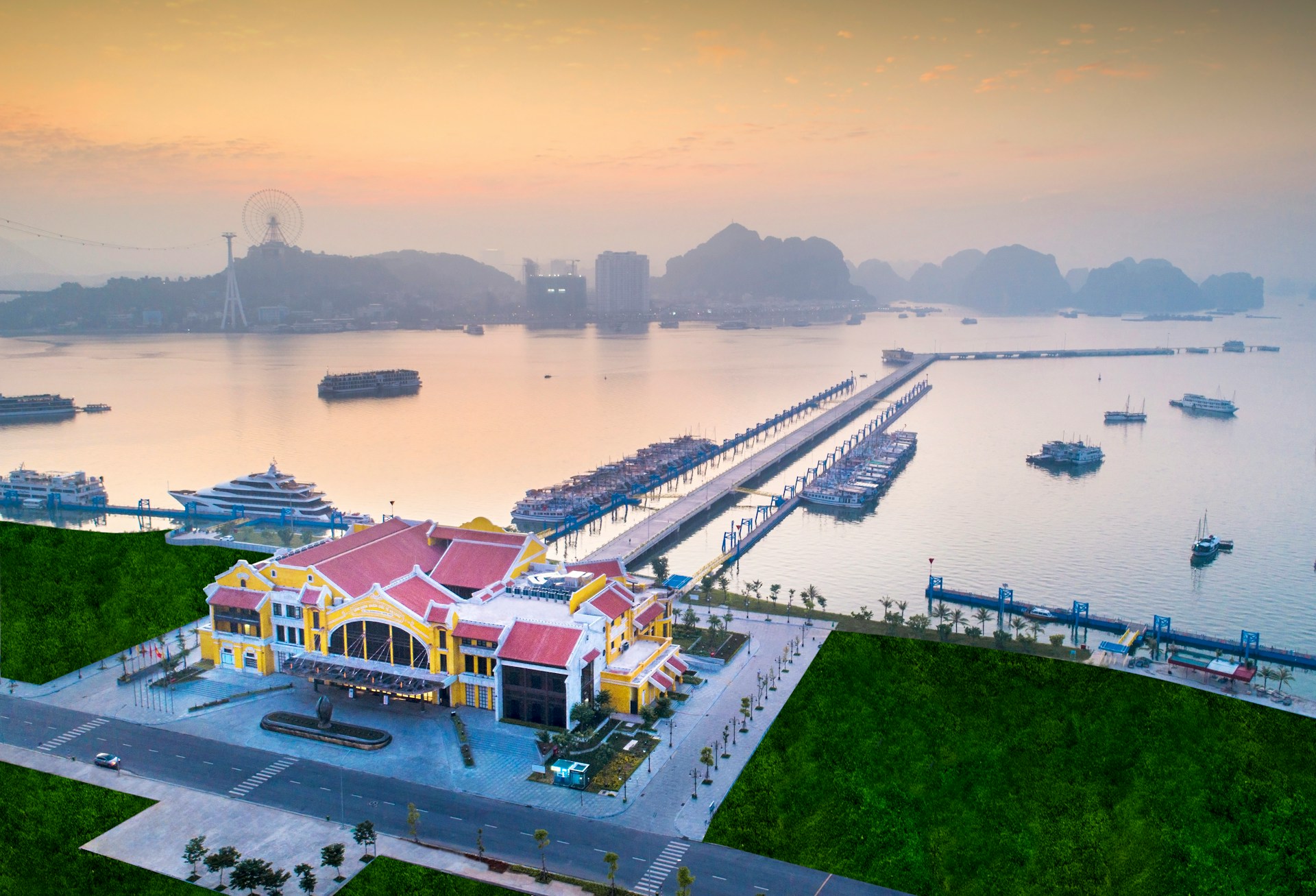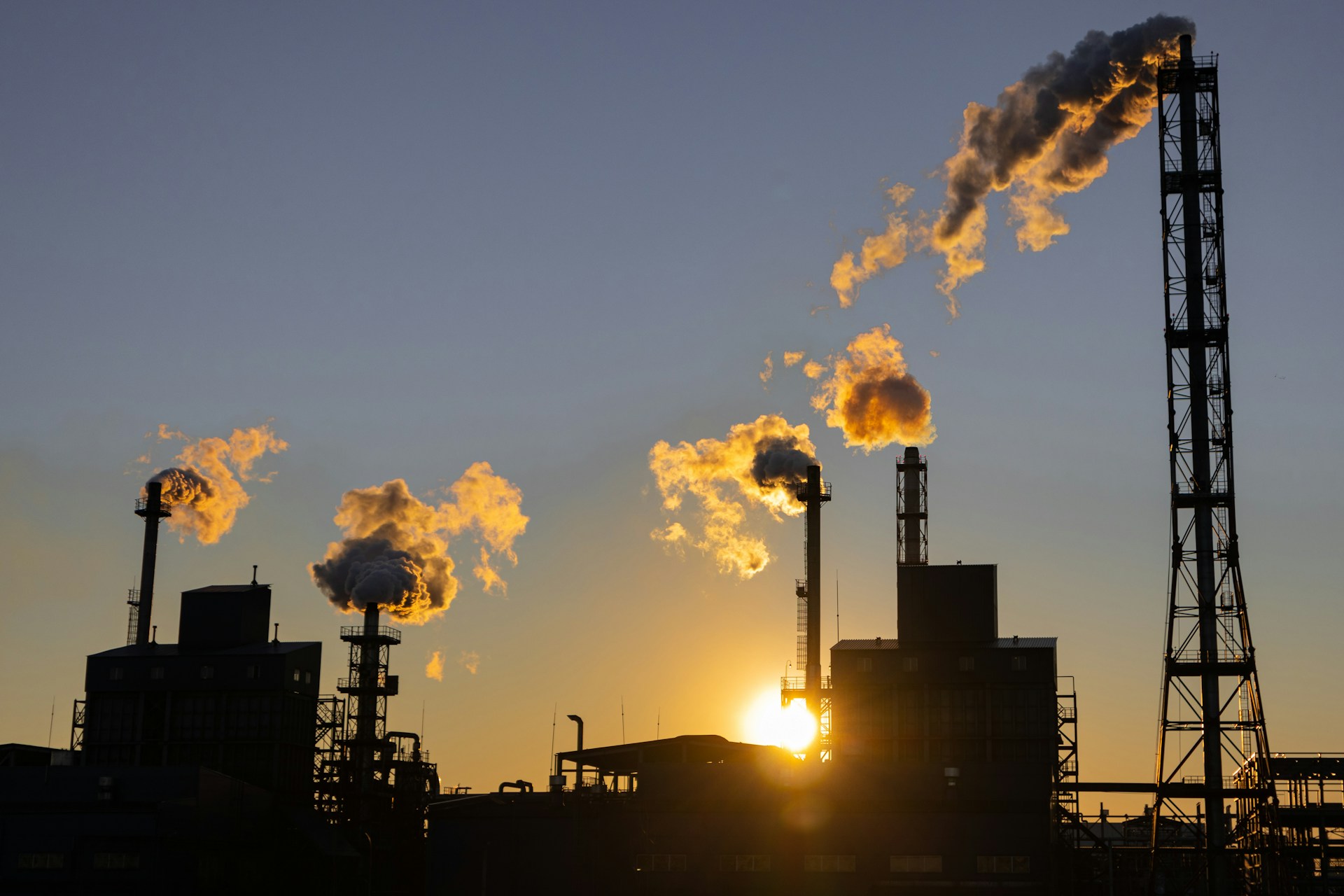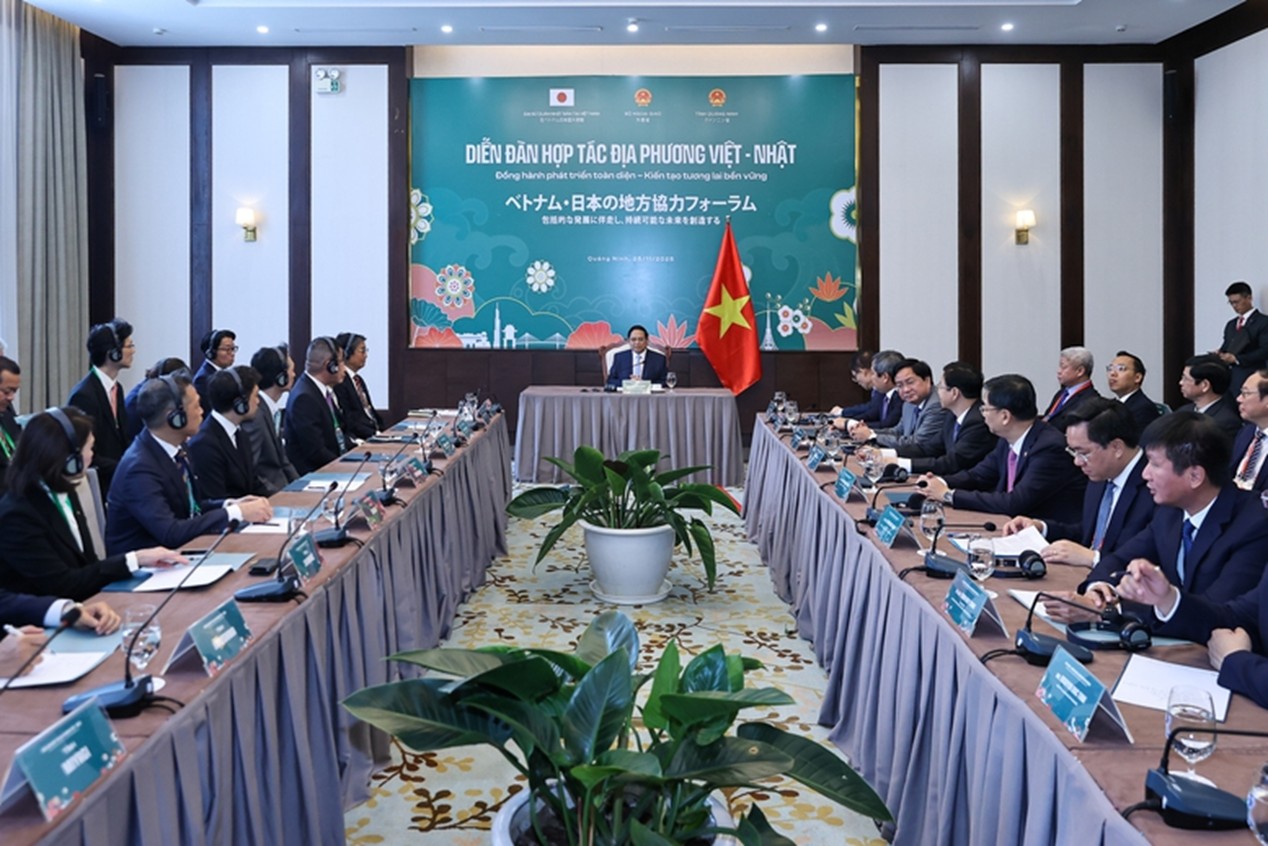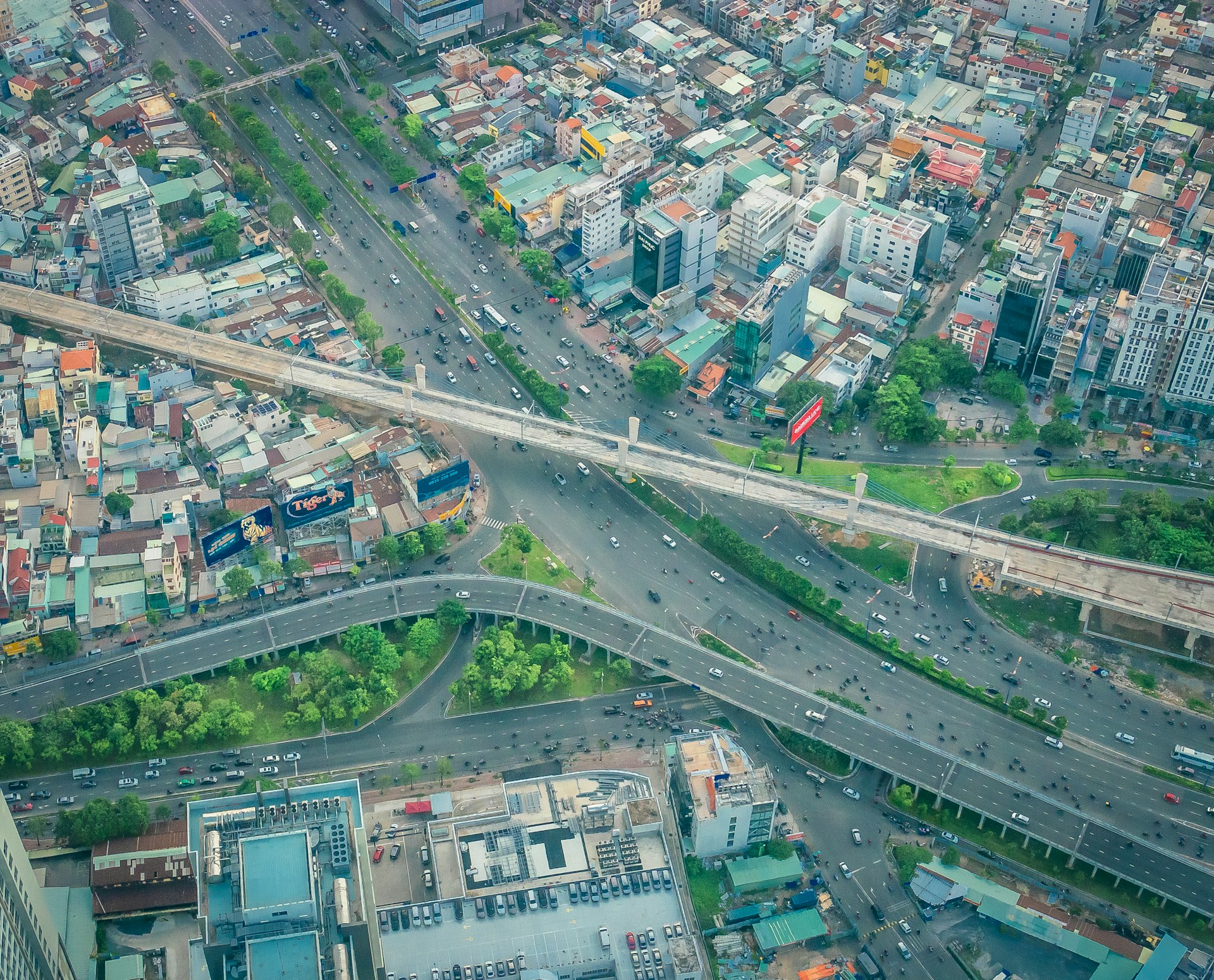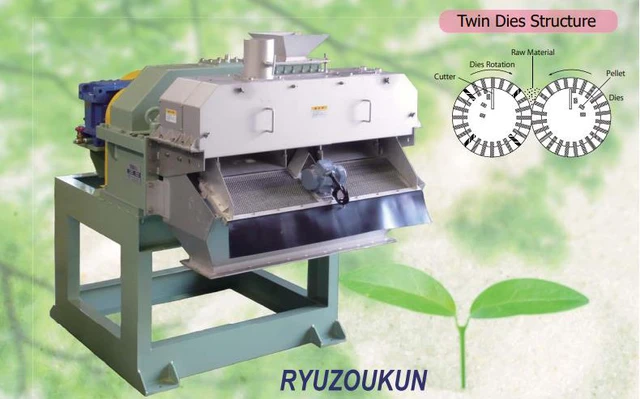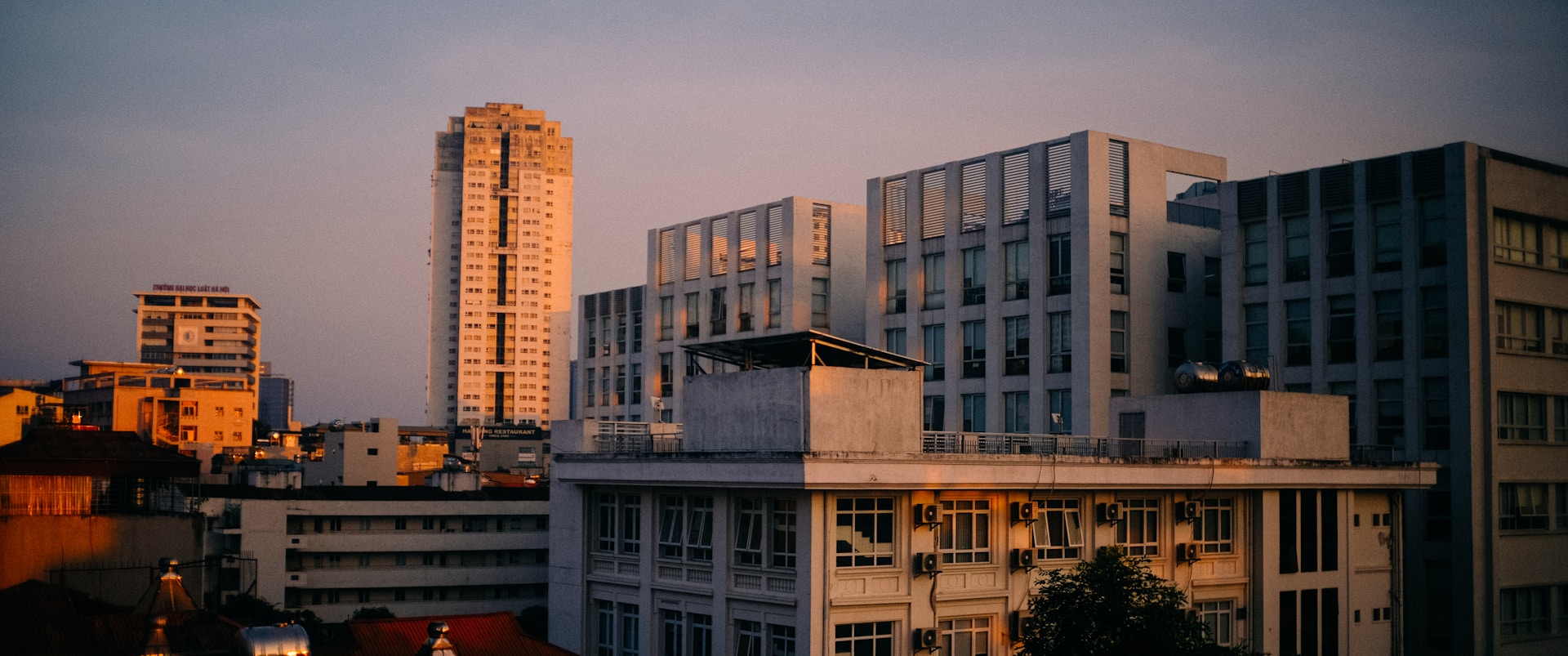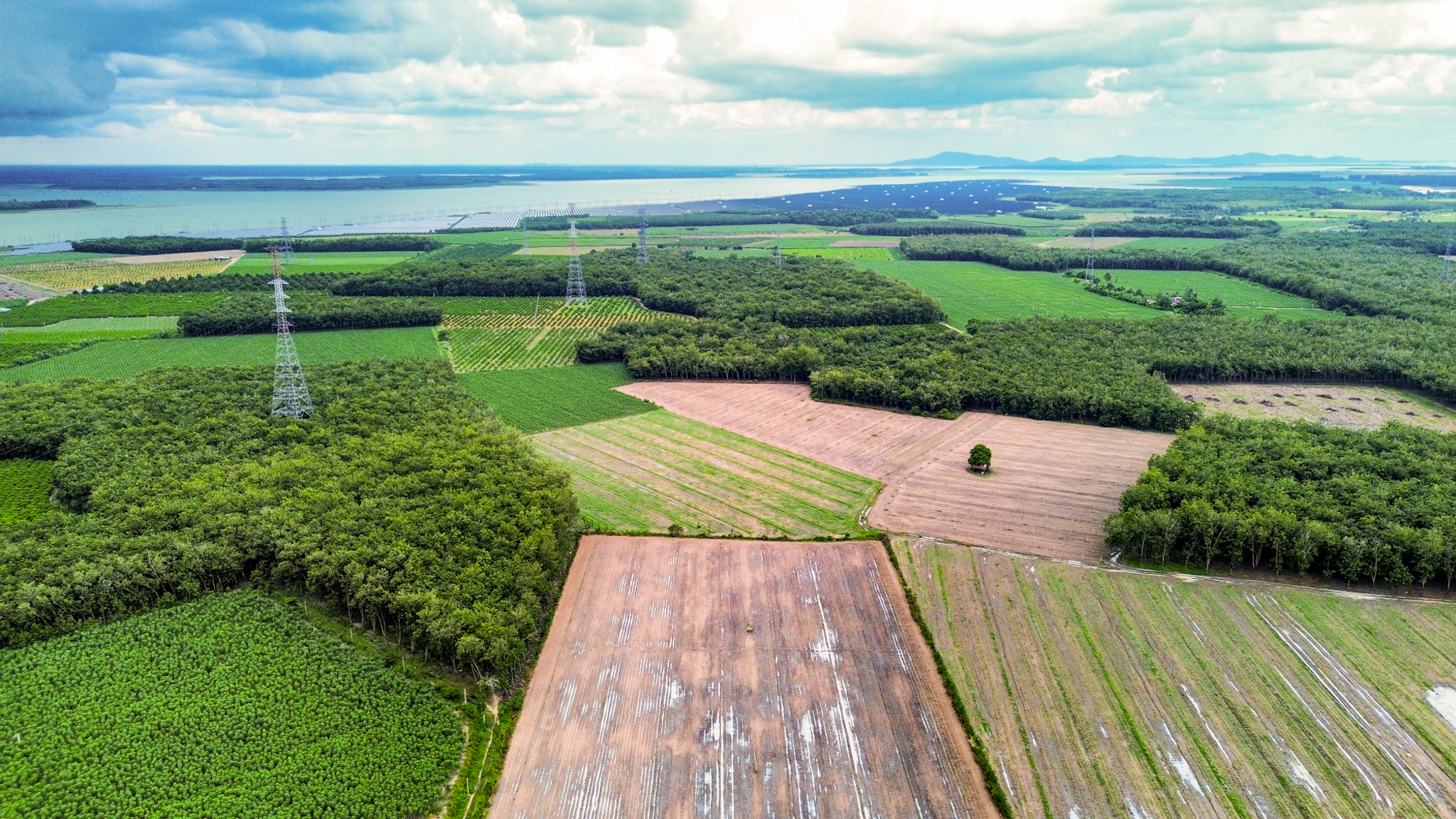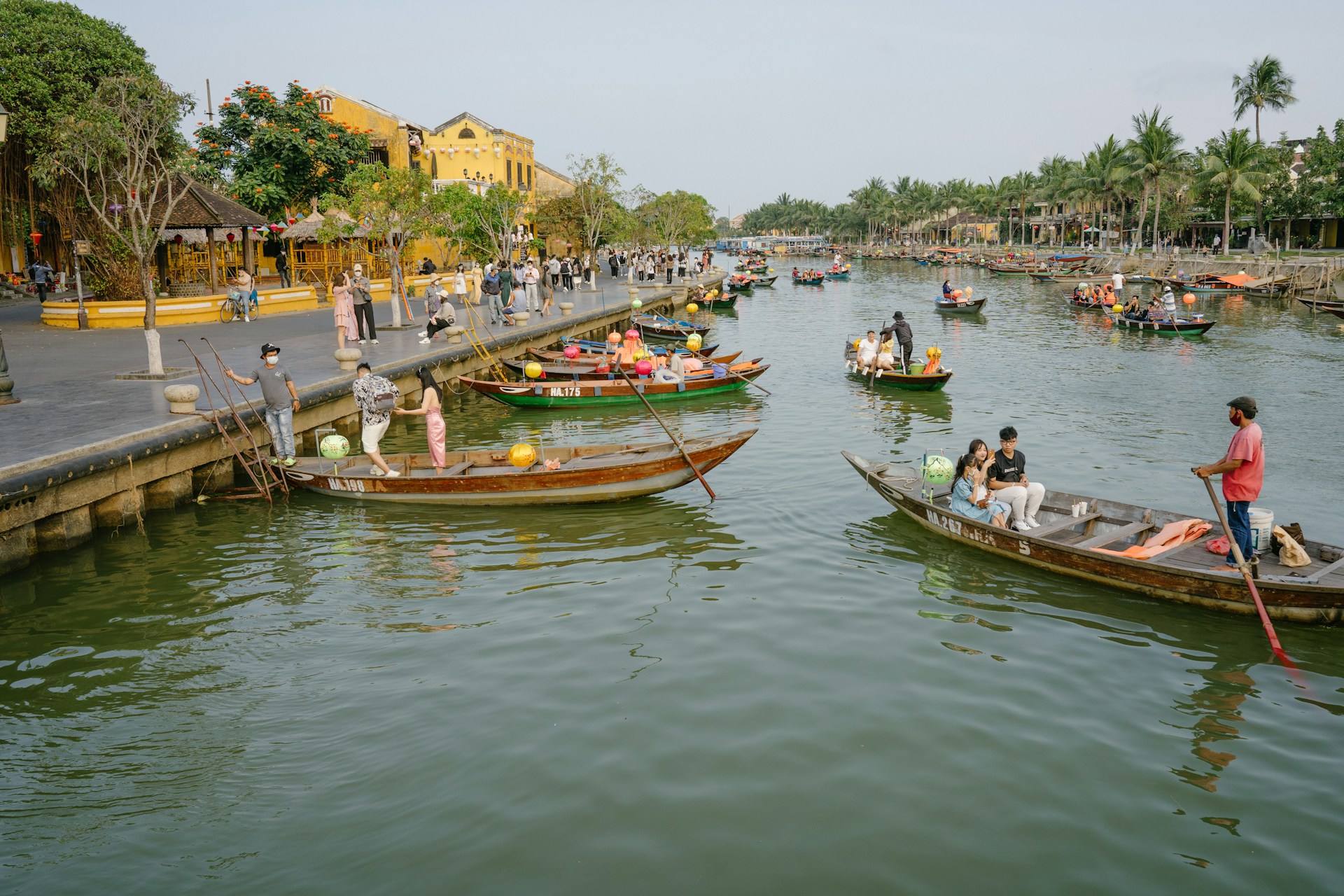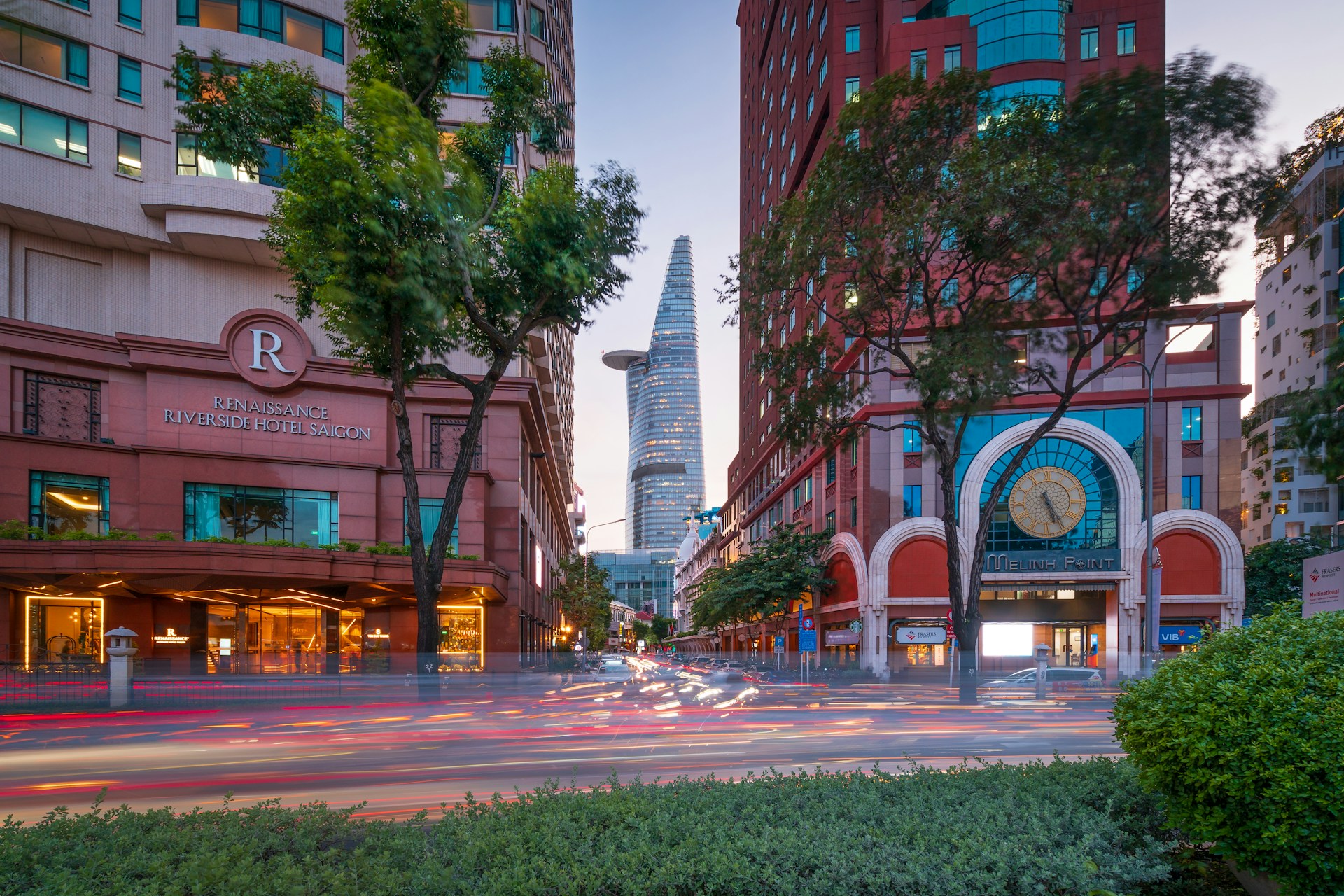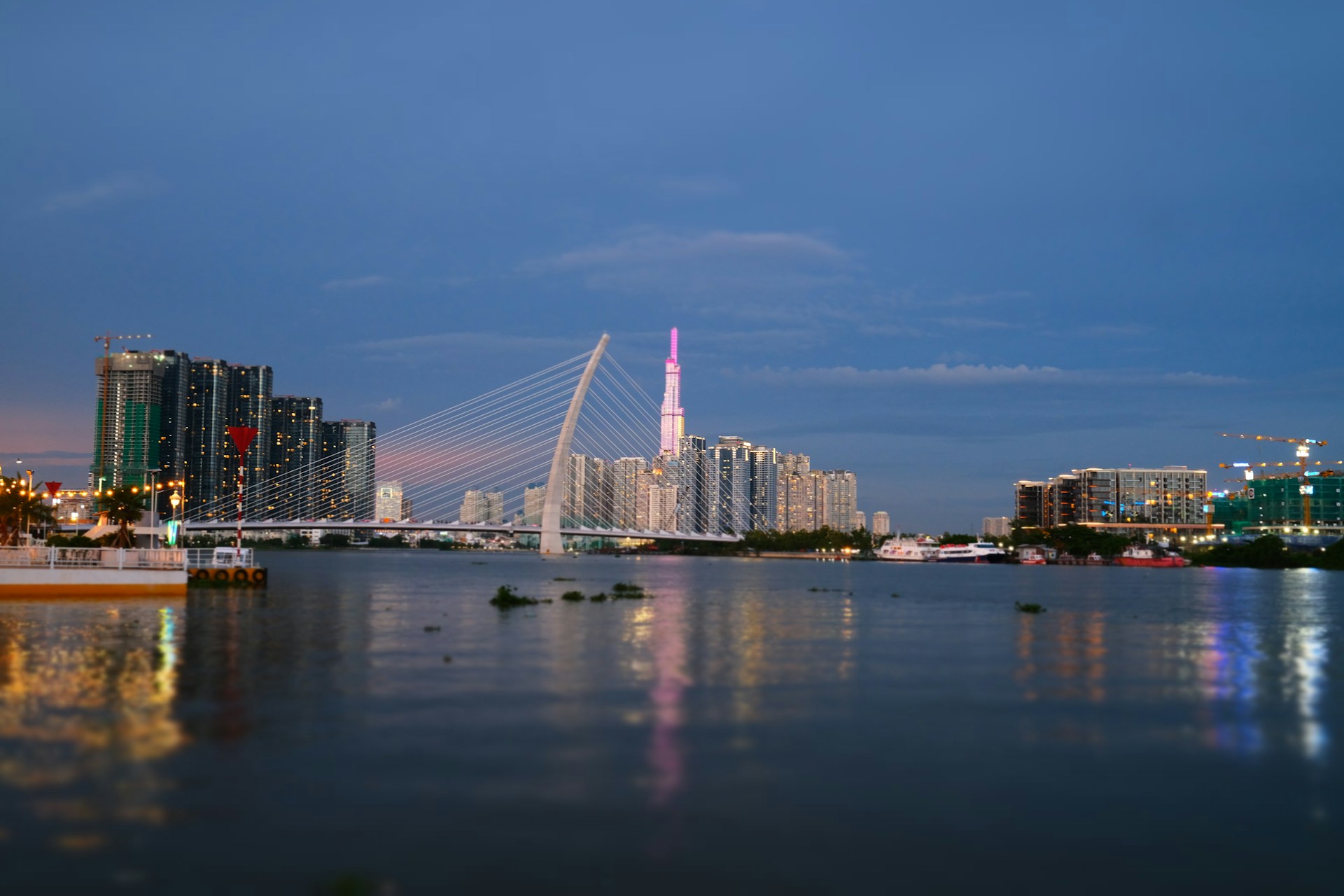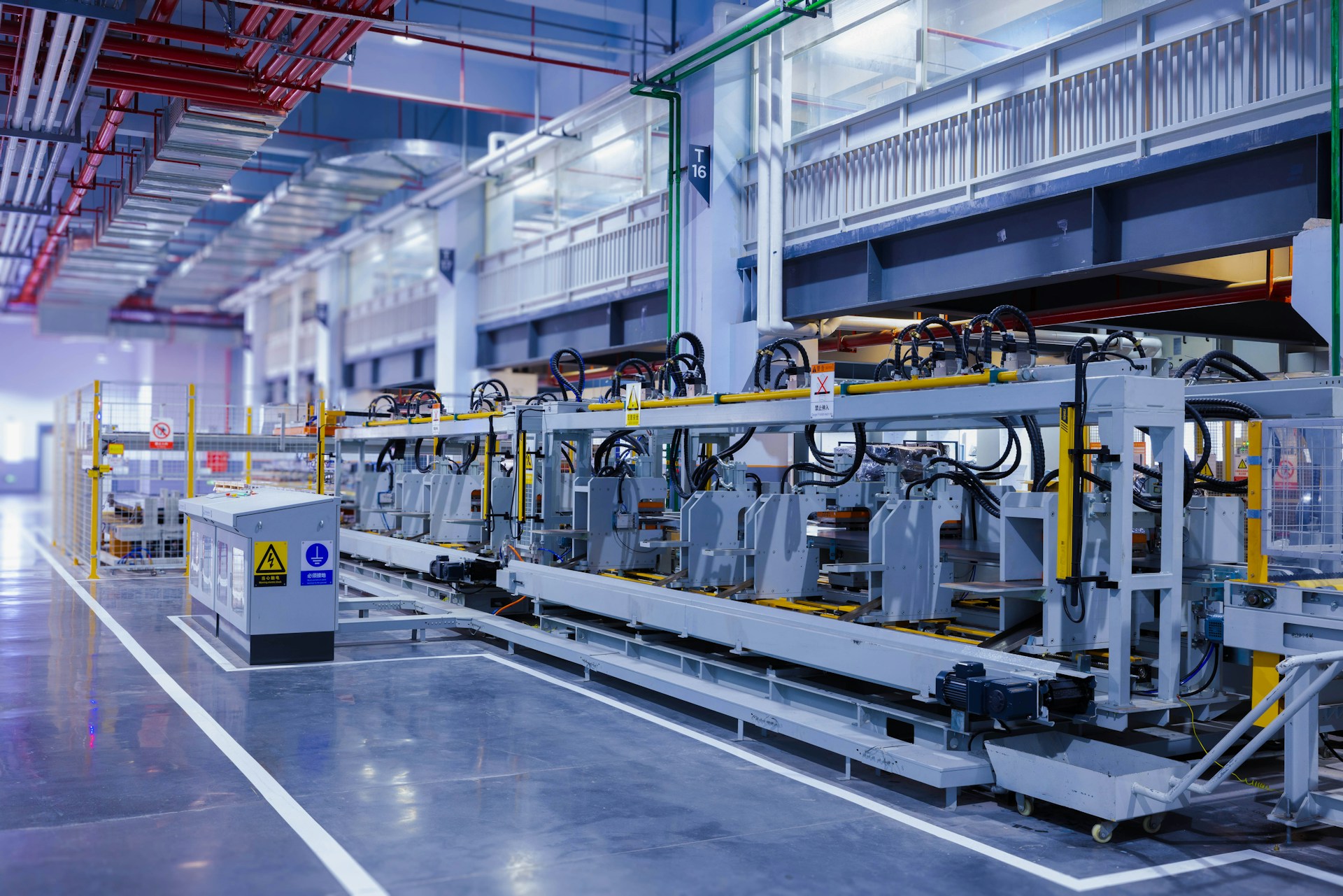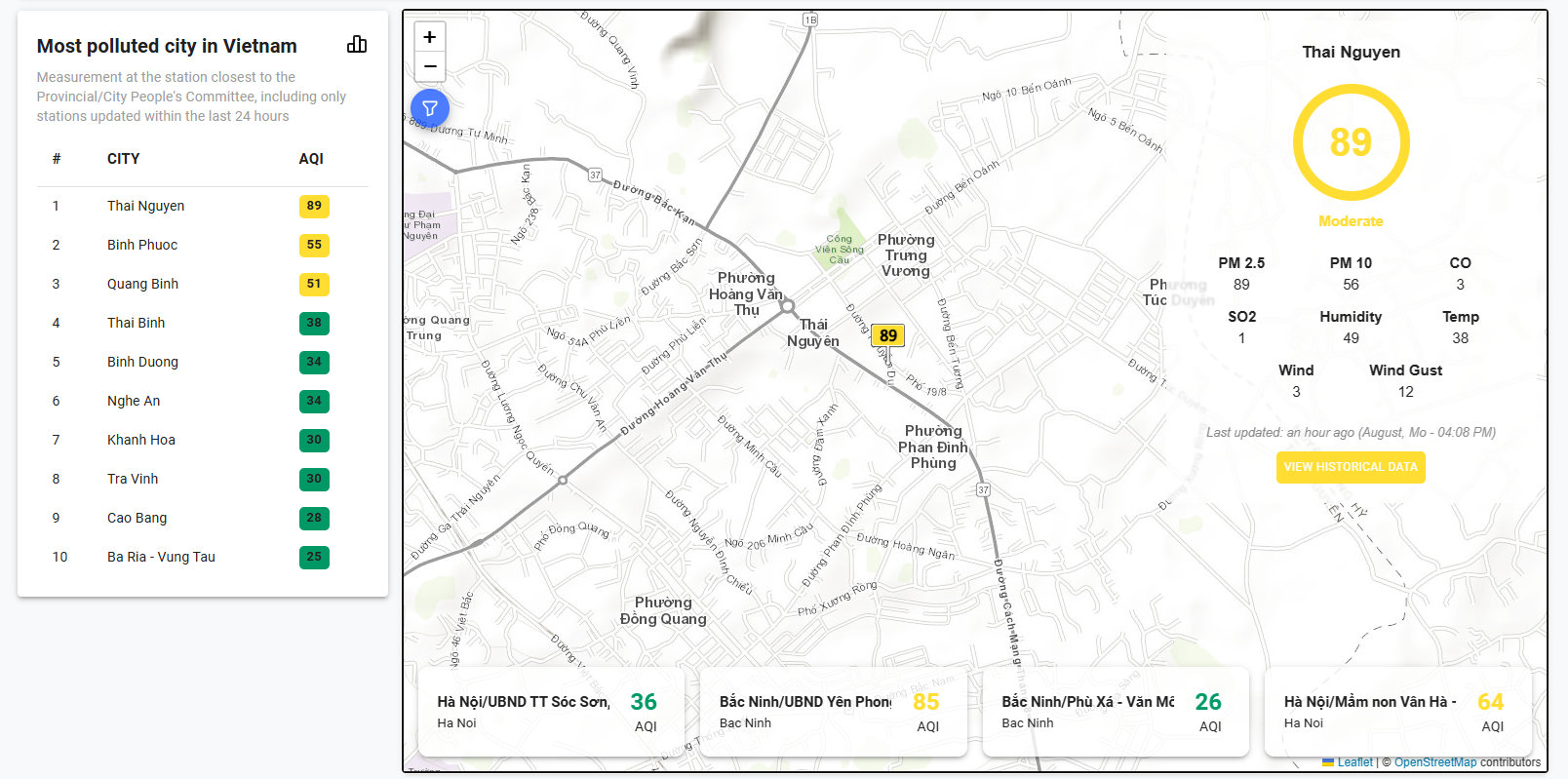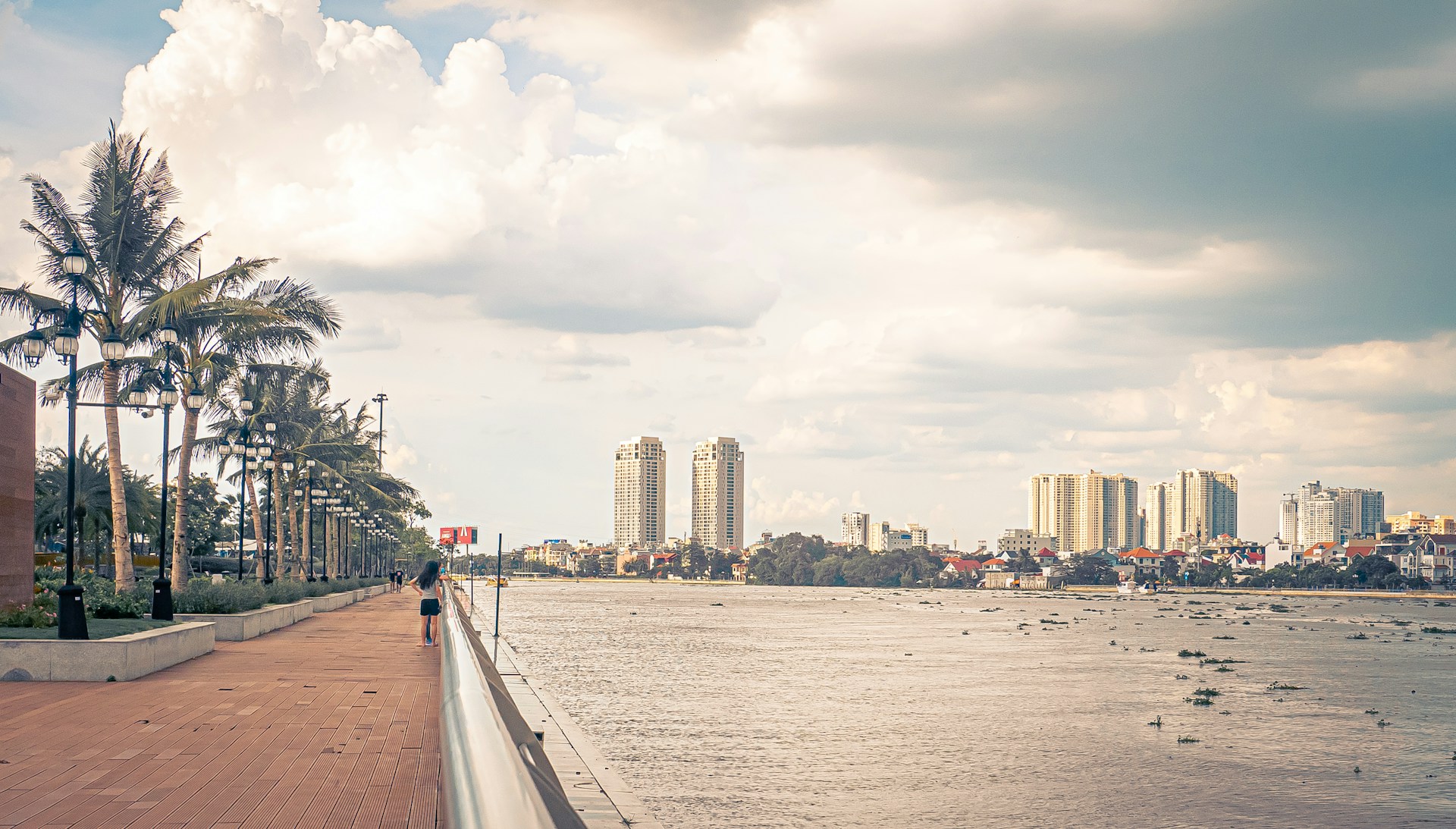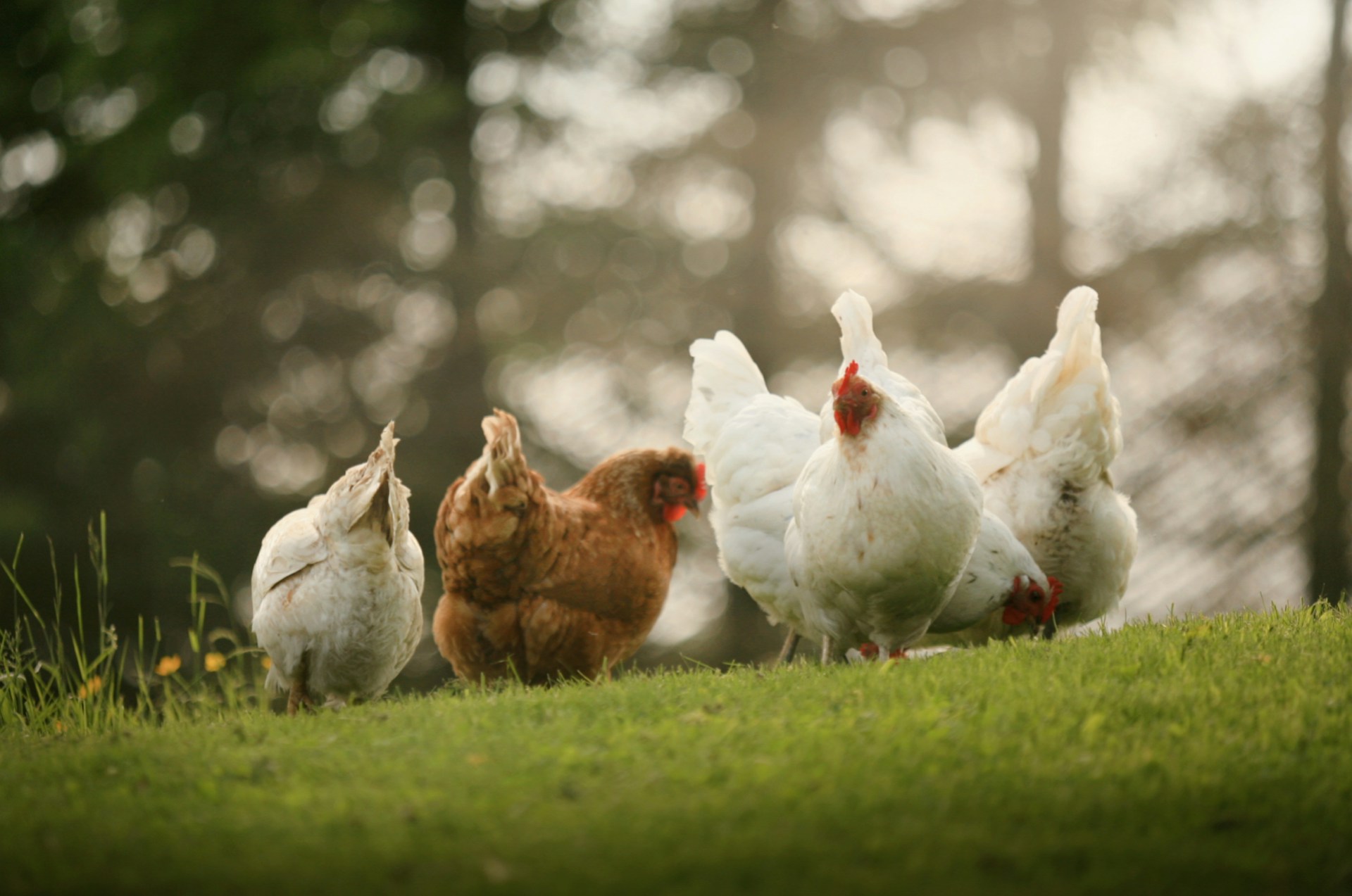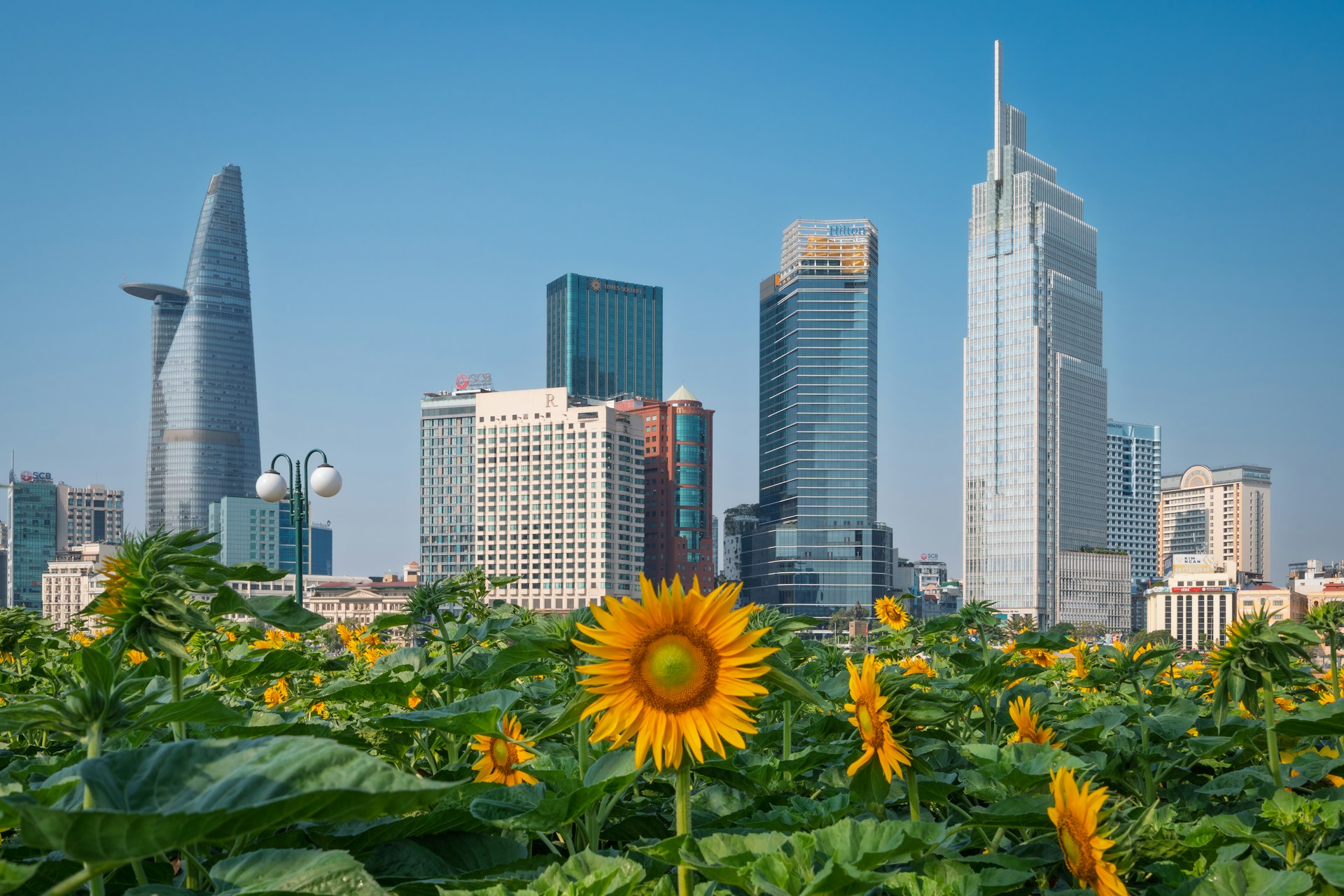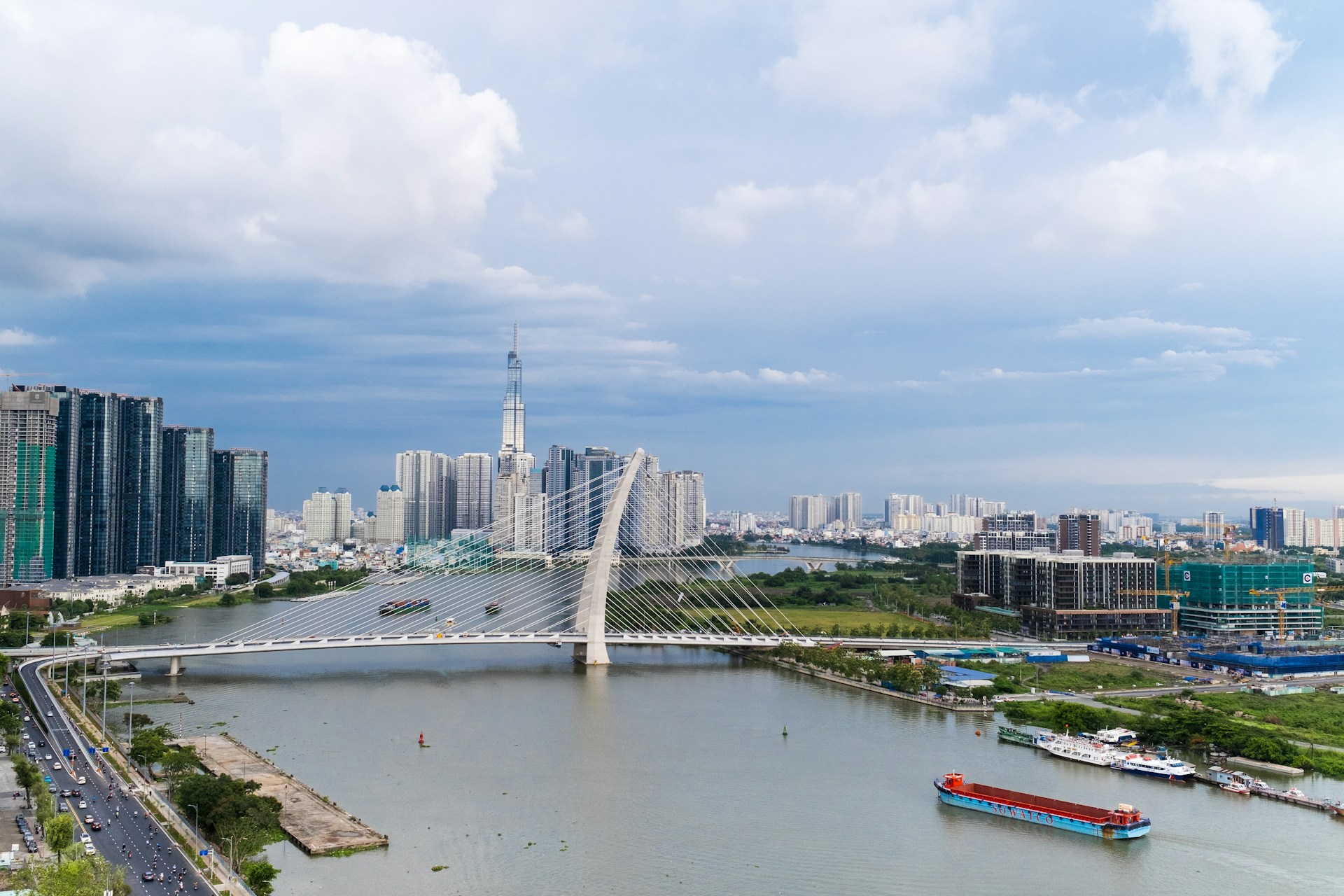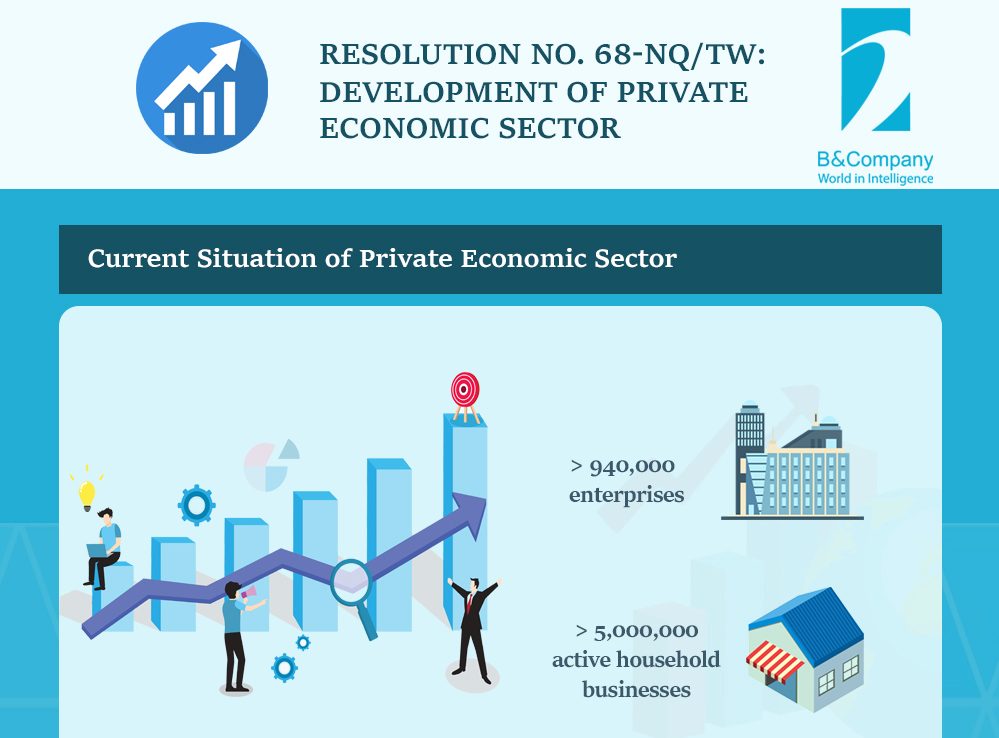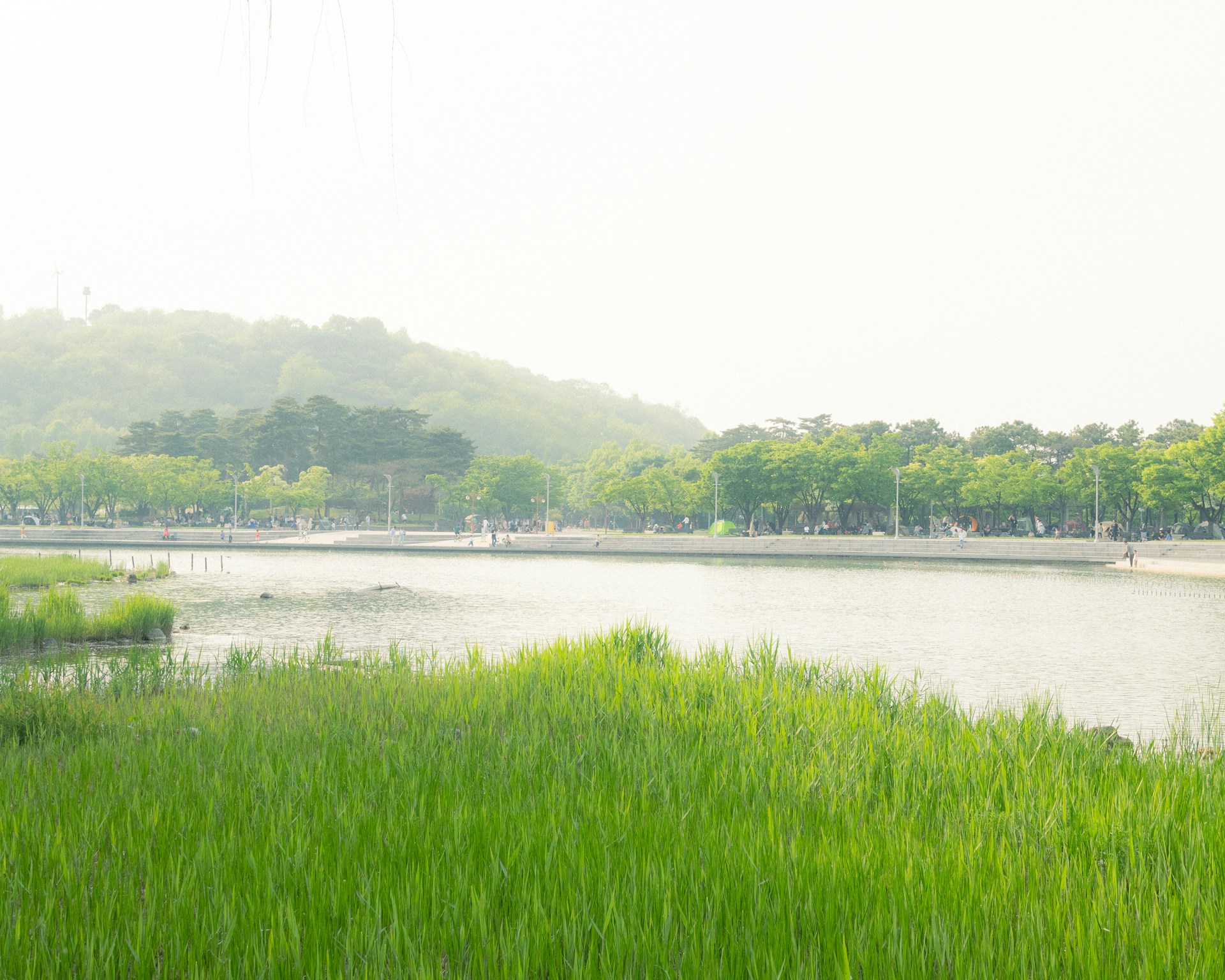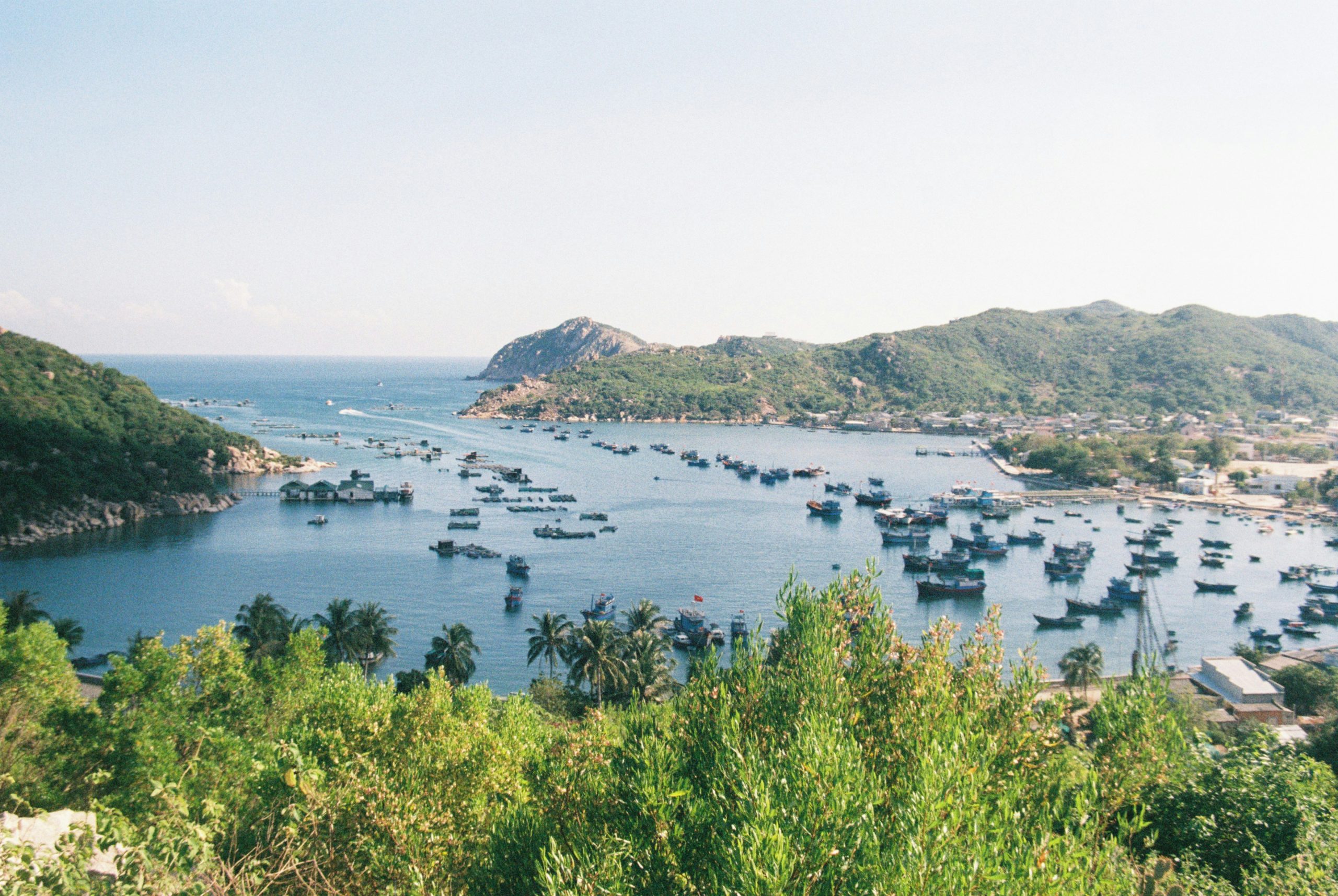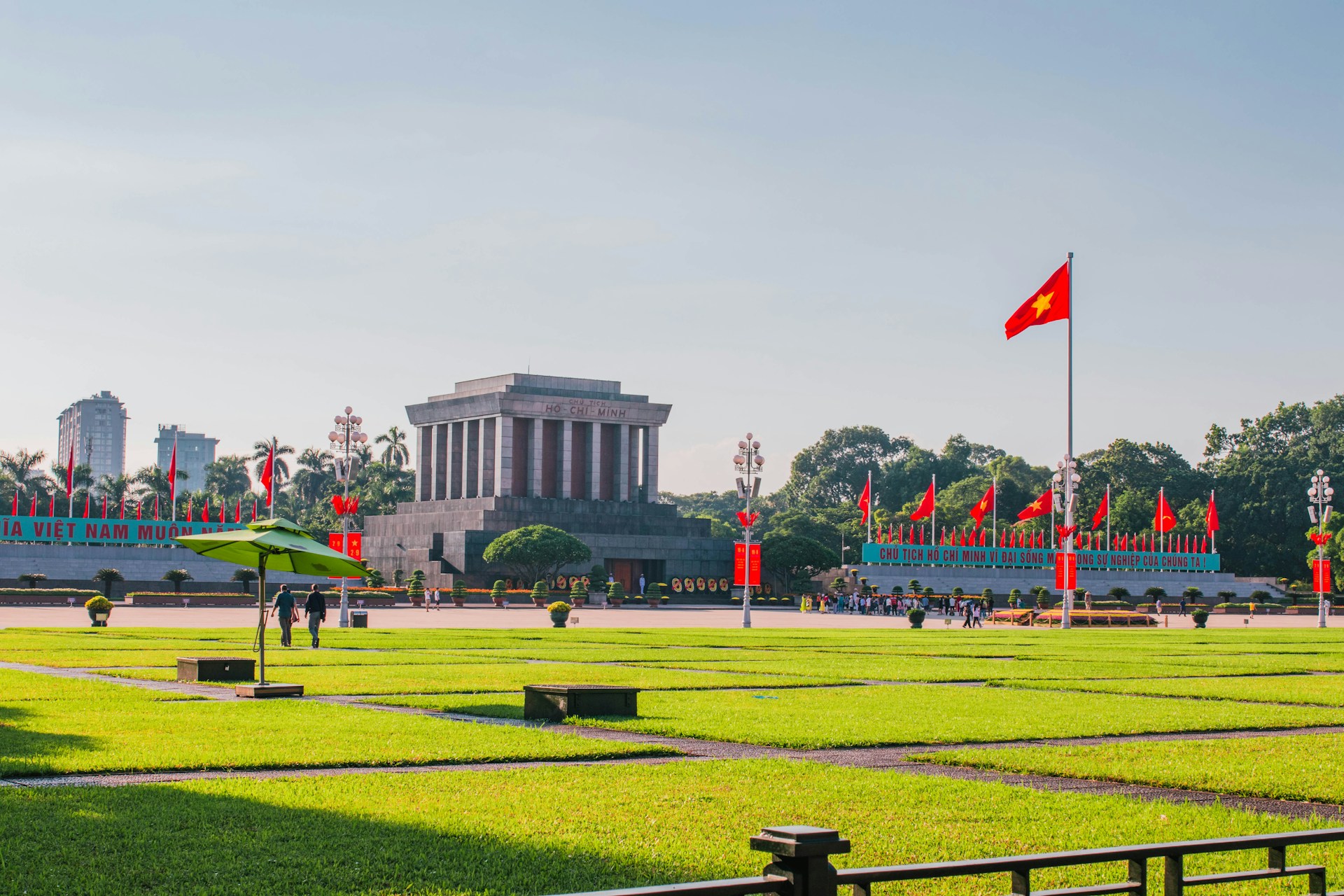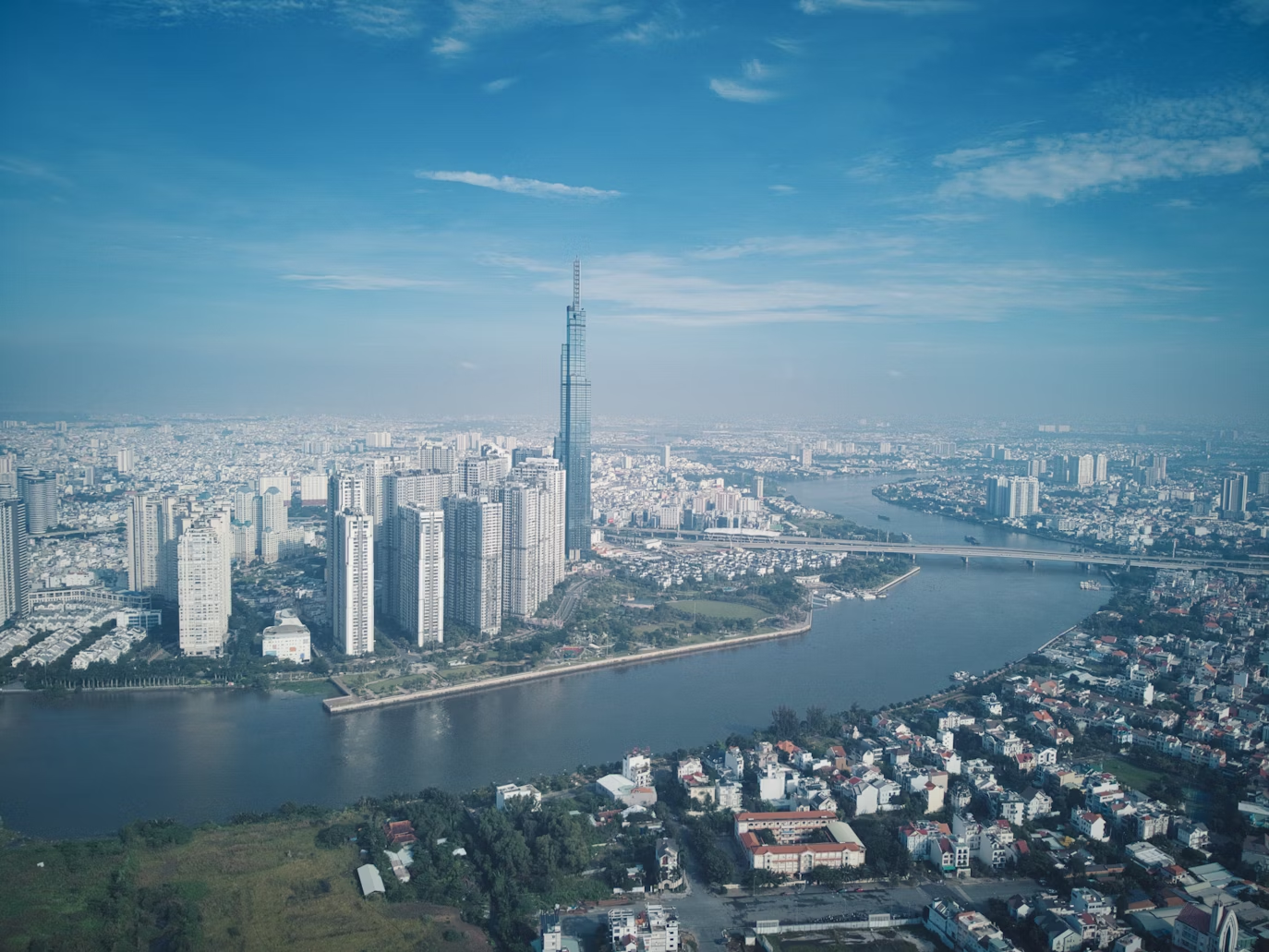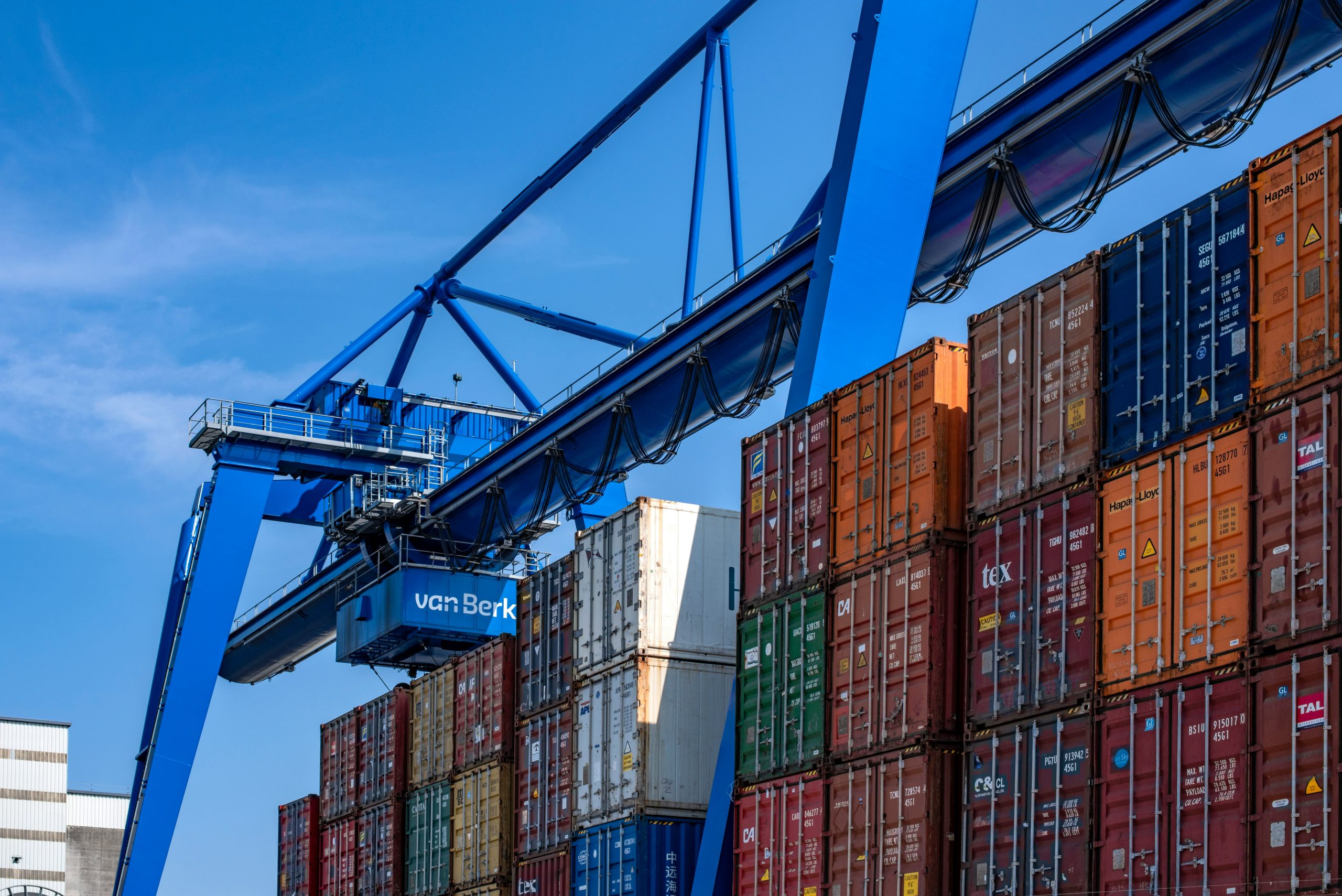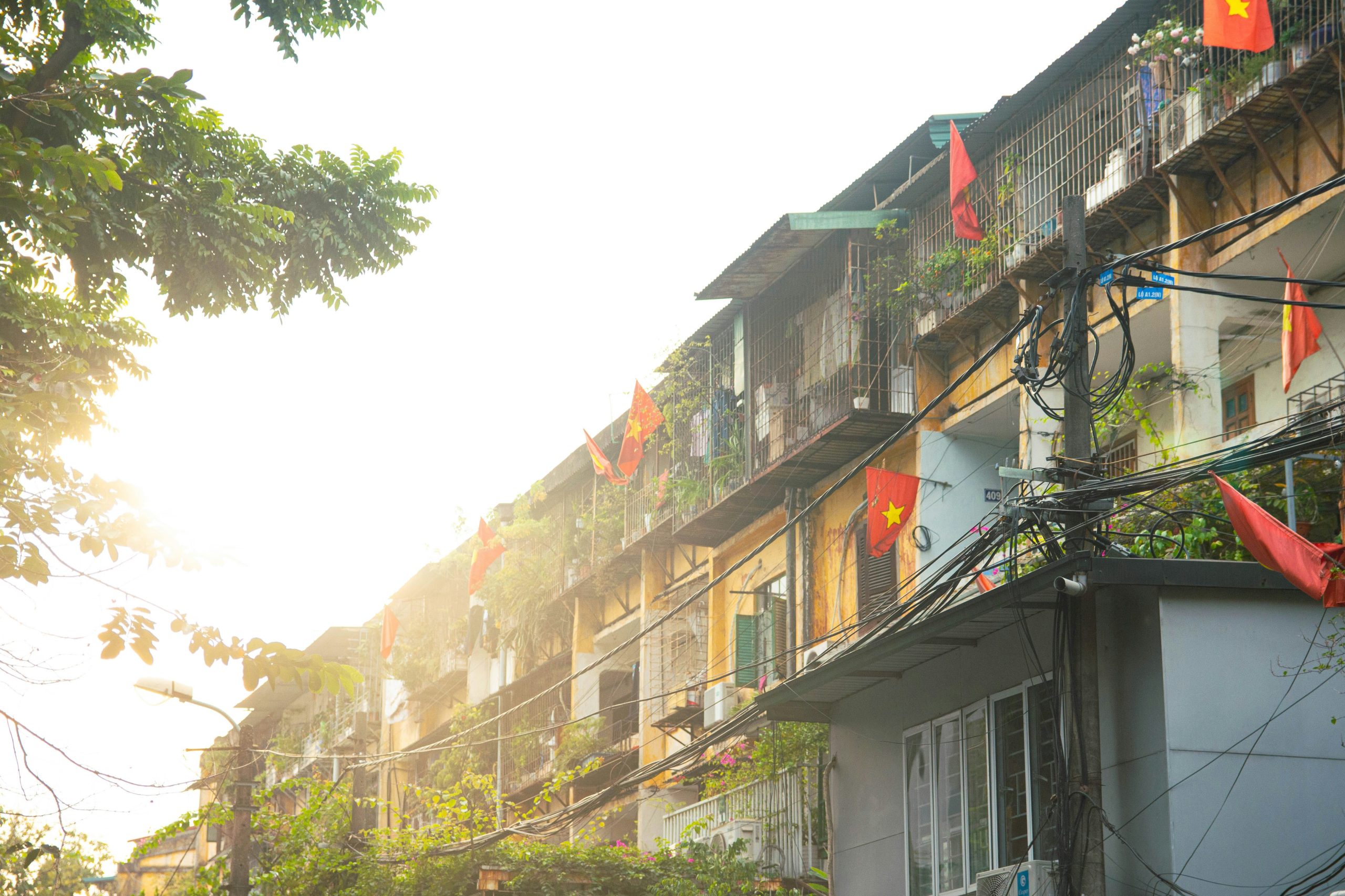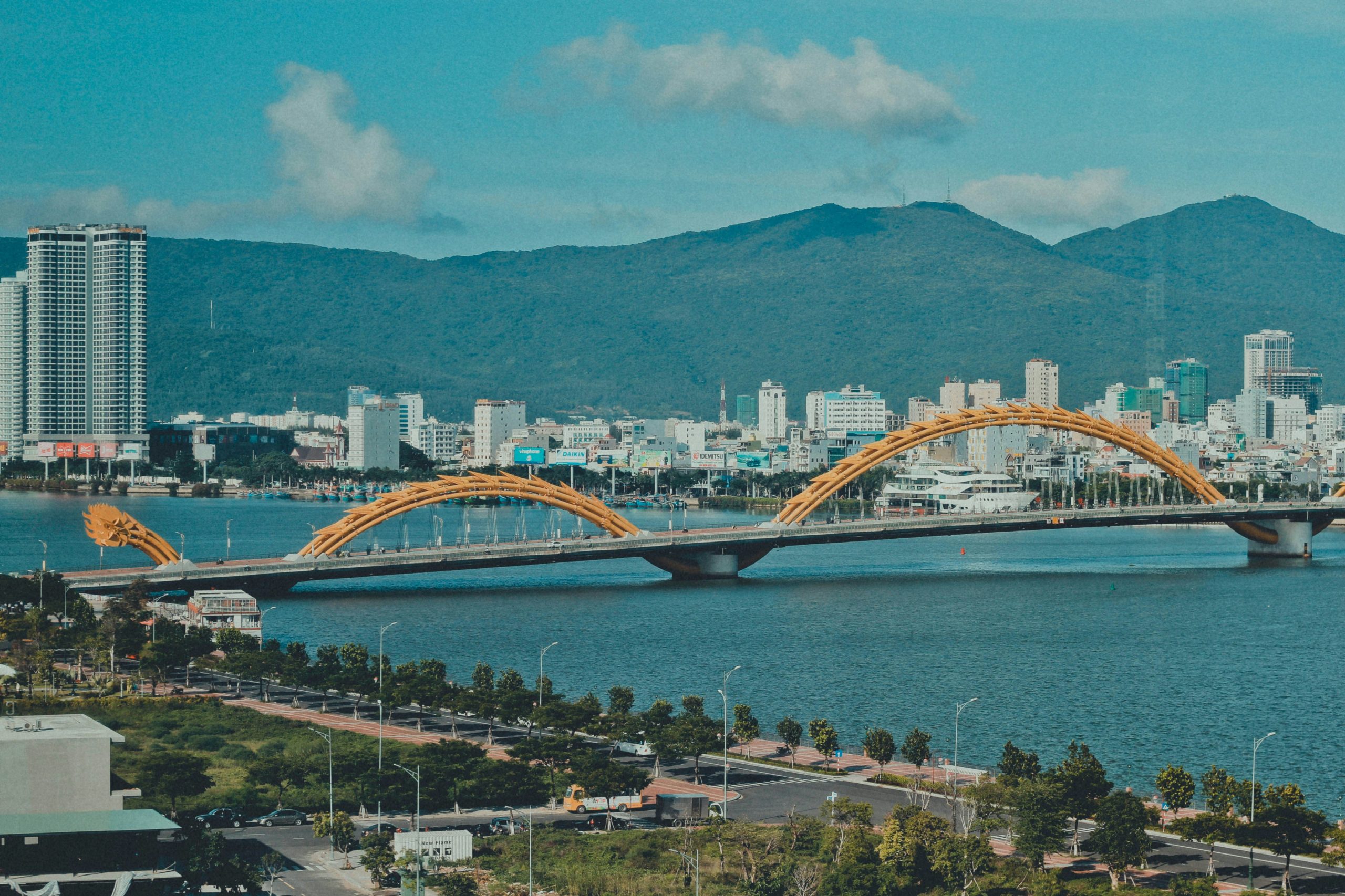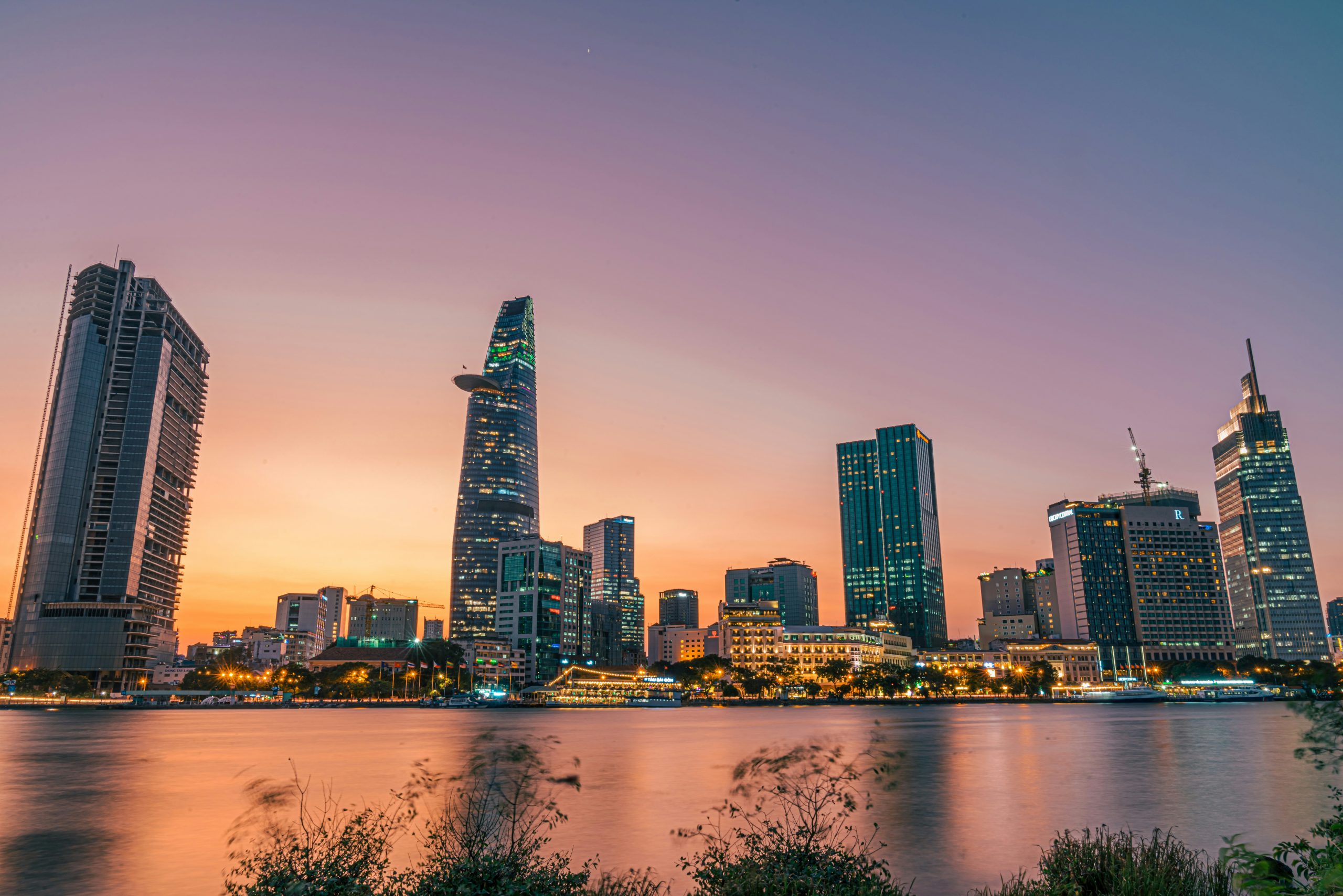
20Feb2025
Latest News & Report / Vietnam Briefing
Comments: No Comments.
Vietnam’s National Action Plan for a Circular Economy until 2035 aims to tackle environmental challenges while ensuring sustainable economic growth. With increasing resource depletion and pollution, the government is focusing on waste reduction, renewable energy, and resource efficiency.
The current state of Vietnam’s Environment and Economic
Vietnam’s economy is growing strongly, with GDP surpassing 476 billion USD in 2024, marking a 7% increase compared to 2023[2]. The industrial sector has seen remarkable growth, with the industrial production index rising by over 8% year-over-year[3]. Additionally, the country’s urbanization rate has exceeded 44%, reflecting a 16% increase from the previous year[4].
However, the rapid expansion of industrial production and urbanization has put Vietnam’s environment in a critical situation. In 2024, the country generates approximately 60,000 tons of waste daily, with urban areas accounting for over 60% of this volume[5]. As of 2023, 55% of waste is disposed of through unsanitary landfilling, 20% is managed through open burning, and only 10% is properly treated and recycled[6]. To address this pressing issue, the government has introduced the National Action Plan for Implementing the Circular Economy until 2035, providing a clear roadmap to improve waste management, enhance recycling efforts, and transition toward a sustainable economy.
Government Plan for Circular Economy
On January 23, 2025, the Deputy Prime Minister signed Decision No. 222/QĐ-TTg, approving the National Action Plan for Implementing the Circular Economy until 2035. With a clear and quantifiable goal for 2030, the government aims to promote renewable energy production, maximize material reuse, minimize waste generation, and reduce negative environmental impacts.
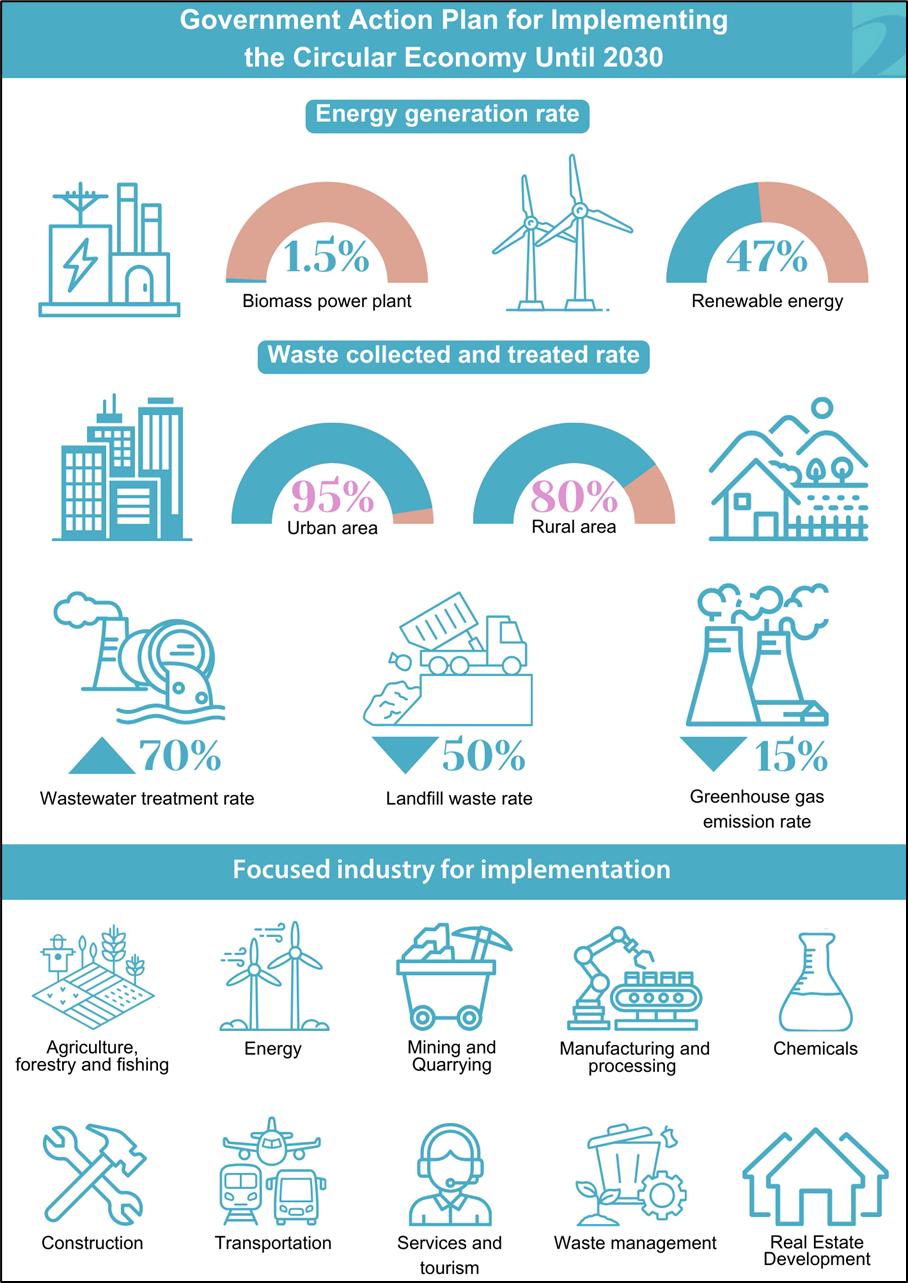
Source: Thuvienphapluat
In addition, the government aims for Vietnam to become a leading innovation hub in the ASEAN Economic Community (AEC) by 2035. The goal is to position the country as a key provider of technology, equipment, products, services, and investment for the circular economy. At the same time, Vietnam is committed to enhancing resource efficiency, protecting the environment, adapting to climate change, and ensuring sustainable development.
Challenges for Implementation
Implementing a circular economy requires systemic changes across industries, policy frameworks, and consumer behavior, which present several obstacles. Firstly, one of the biggest challenges in adopting the circular economy in Vietnam is the lack of awareness and understanding of this model, particularly among businesses and the general public. In many cases, people have yet to develop habits of reusing, recycling, and minimizing waste in their daily lives. According to a 2023 survey by the Hanoi Natural Resources & Environment Department, 80.6% of households and 75.5% of businesses reported a lack of motivation to segregate waste at the source, as classified waste is ultimately mixed together during collection and sent for centralized treatment[7]. Secondly, Vietnam’s infrastructure and technology remain insufficient to meet the requirements of a circular economy. Despite improvements in waste collection, treatment, and recycling, both urban and rural areas still lack adequate waste processing and recycling facilities[8]. Finally, financial constraints pose another significant challenge. Implementing circular economy models requires substantial investment in technology, infrastructure, and workforce training. This is particularly difficult for small and medium-sized enterprises, which often face limited access to funding and financial resources[9].
Conclusion
Vietnam’s National Action Plan for a Circular Economy aims to promote sustainable resource use, waste reduction, and renewable energy adoption by 2035. While the plan sets ambitious goals, implementation faces challenges such as financial constraints, limited infrastructure and lack of awareness in people. Despite these hurdles, transitioning to a circular economy offers economic, environmental, and social benefits, including green job creation and reduced ecological impact. With continued commitment and innovation, Vietnam has the potential to become a regional leader in circular economy practices, paving the way for a more resilient and sustainable future.
[1] The circular economy is an economic model aimed at efficiently and sustainably utilizing resources, recycling waste, and contributing to both environmental protection and economic efficiency
[2] Vietnam Plus (2025). Vietnam’s GDP Growth Estimated at 7.09% in 2024 <Access>
[3] General Statistics Office of Vietnam (2024). Vietnam Industrial Production is Rising <Access>
[4] Tai Chinh Online (2024). Vietnam Urbanization Rate Exceeded 44% <Access>
[5] VnExpress Online Newspaper (2024). Waste Sorting at Source in Vietnam Starting in 2025 <Access>
[6] The National Assembly of the Socialist Republic of Vietnam (2023). Situation of Household Waste in Vietnam <Access>
[7] Vietnam Television News (2023). Domestic Trash Classification at Source: Current Situation in Vietnam <Access>
[8] VTV News (2024). Vietnam is Lack of Synchronization in Waste Collection and Treatment Infrastructure <Access>
[9] Vietnam’s Ministry of Finance (2024). Challenges for Implementing Circular Economy in Vietnam <Access>
* If you wish to quote any information from this article, please kindly cite the source along with the link to the original article to respect copyright.
| B&Company
The first Japanese company specializing in market research in Vietnam since 2008. We provide a wide range of services including industry reports, industry interviews, consumer surveys, business matching. Additionally, we have recently developed a database of over 900,000 companies in Vietnam, which can be used to search for partners and analyze the market. Please do not hesitate to contact us if you have any queries. info@b-company.jp + (84) 28 3910 3913 |

